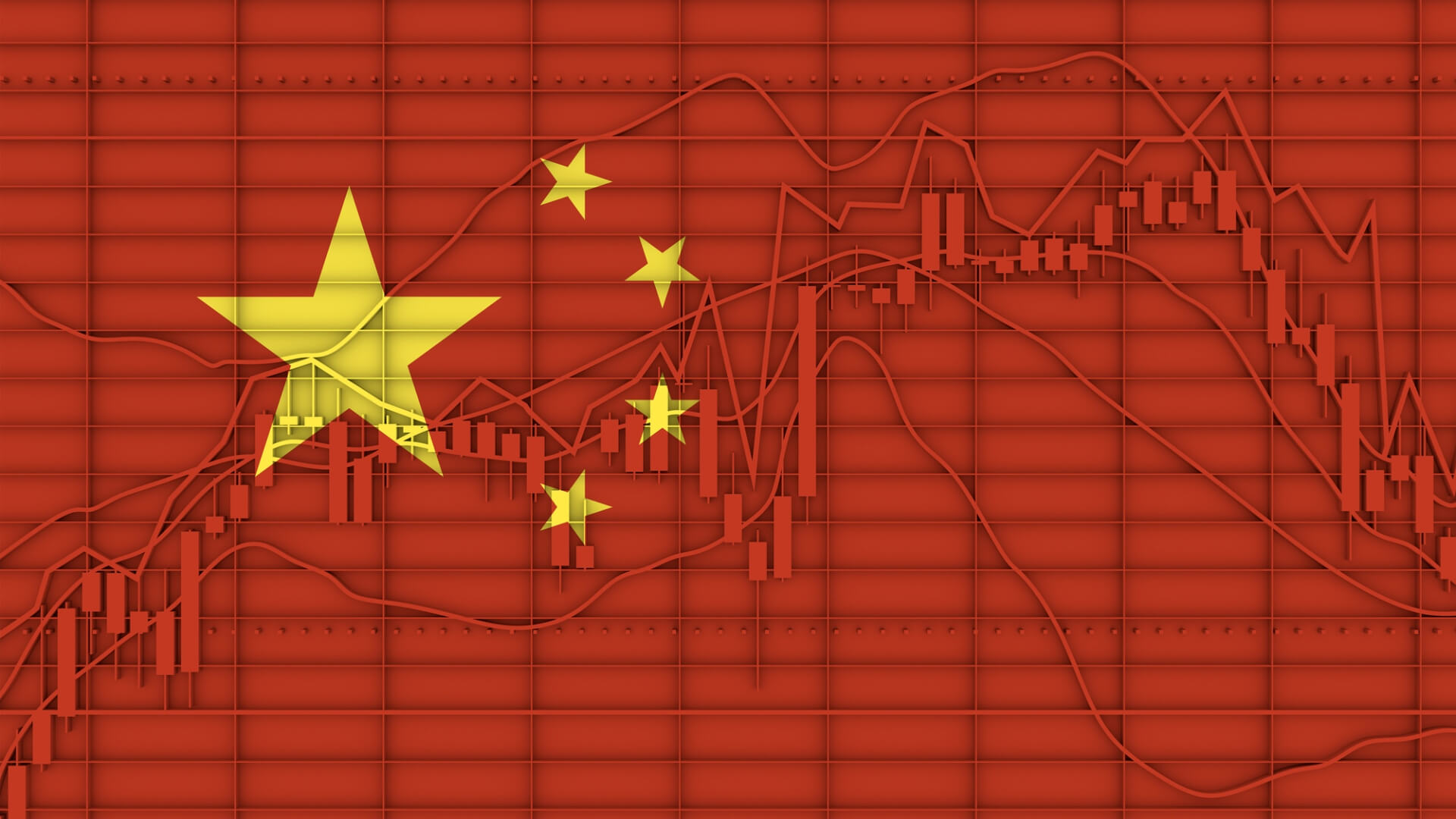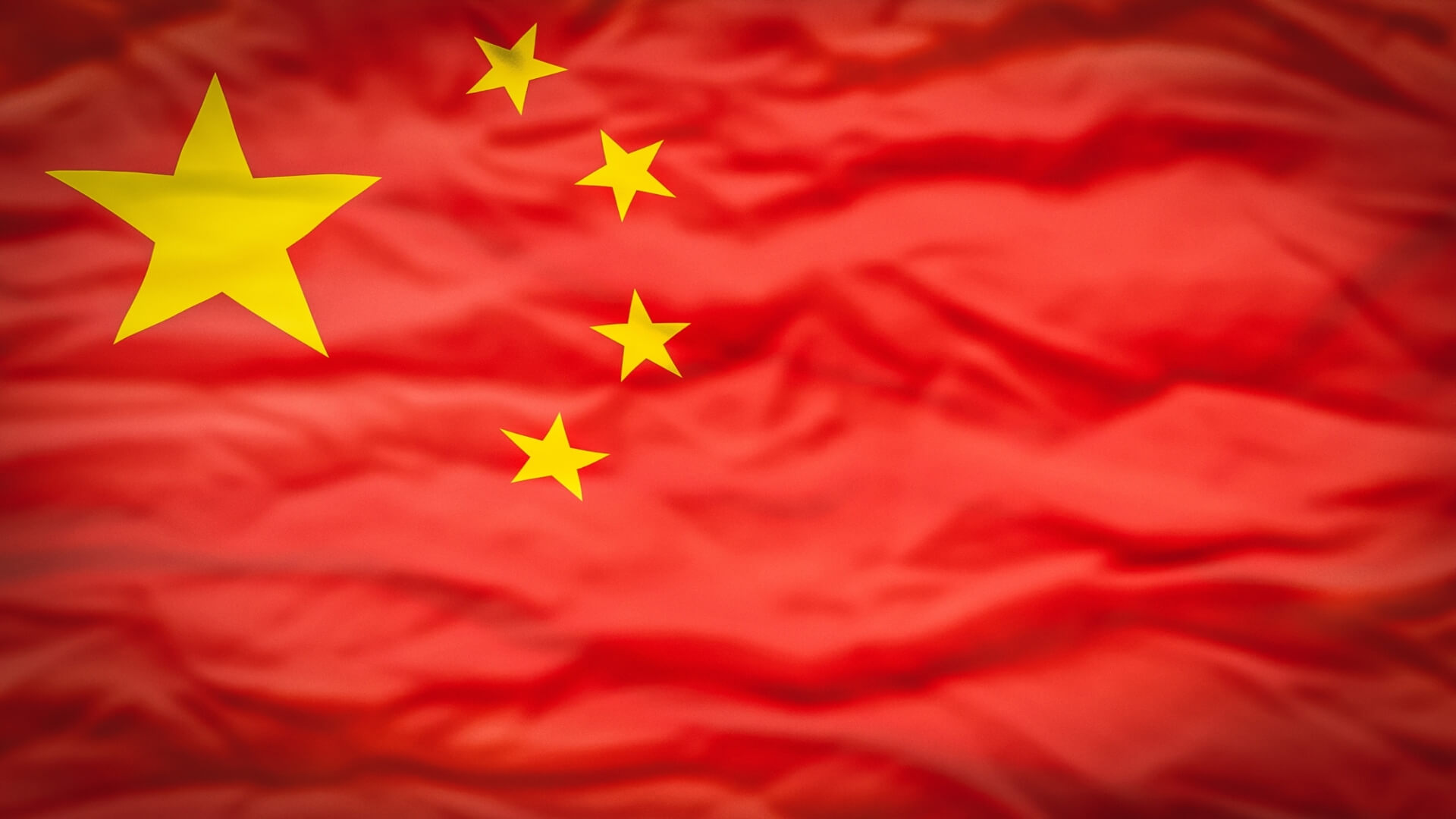In October, the Commerce Department tightened China export controls to prevent China from acquiring advanced computer chips that could be used to develop hypersonic missiles and artificial intelligence. China export controls allow for the monitoring of the sale of chips that could still be used for military goals, even if they don’t specifically meet the thresholds for trade limitations. The controls will also be restricted to companies that are headquartered in Macau, a Chinese territory, or other countries under a US arms embargo. The goal is to prevent them from getting around the controls and providing chips to China. This further reinforces export controls on advanced computing items, semiconductor manufacturing equipment, and items that can support end uses related to the development and production of supercomputers, advanced-node integrated circuits and semiconductor manufacturing equipment.
According to Secretary of Commerce Gina M. Raimondo, there are three goals for the controls: “working to protect our national security by restricting access to critical technology, vigilantly enforcing our rules, while minimizing any unintended impact on trade flows.” The Semiconductor Industry Association issued a statement saying it recognized the need to protect national security, but “overly broad, unilateral controls risk harming the US semiconductor ecosystem without advancing national security as it encourages customers to look elsewhere.” Here is an opinion piece we found of interest relating to the newly introduced China export controls.
China’s Chip Advances Call for Action, Not Panic
In an opinion piece “China’s Chip Advances Call for Action, Not Panic” for Bloomberg, the Editorial Board argues that instead of rushing to impose new semiconductor development restrictions against China, the United States needs to focus on tightening the China export controls already in place. The Biden administration introduced China export controls to block China’s ability to buy or manufacture advanced chips that could eventually be used for military purposes. The authors believe the Biden administration needs to align its controls with those recently introduced by the Dutch and Japanese. They recommend the Commerce Department’s Bureau of Industry and Security (BIS), which administers the export controls, should limit waivers and do more to cut off servicing and spare parts for equipment used by Chinese entities in defiance of US rules. In addition, they believe Congress should give BIS the resources needed to improve its computer systems and boost staffing, enabling the agency to conduct more effective inspections.
The authors suggest that expanding China export controls on Chinese chipmaking more broadly could result in China retaliating against US companies such as Apple and Micron Technology. This could accelerate efforts to replace Western suppliers, costing US companies revenues they could otherwise invest in research and development (R&D). They recommend the US work with its allies before any further escalation of its China export controls. Read more on Bloomberg.
Disclosure: Fatty Fish is a research and advisory firm that engages or has engaged in research, analysis, and advisory services with many technology companies, including those mentioned in this article. The author does not hold any equity positions with any company mentioned in this article.
The Fatty Fish Editorial Team includes a diverse group of industry analysts, researchers, and advisors who spend most of their days diving into the most important topics impacting the future of the technology sector. Our team focuses on the potential impact of tech-related IP policy, legislation, regulation, and litigation, along with critical global and geostrategic trends — and delivers content that makes it easier for journalists, lobbyists, and policy makers to understand these issues.
- The Fatty Fish Editorial Teamhttps://fattyfish.org/author/fattyfish_editorial/January 19, 2024
- The Fatty Fish Editorial Teamhttps://fattyfish.org/author/fattyfish_editorial/January 3, 2024
- The Fatty Fish Editorial Teamhttps://fattyfish.org/author/fattyfish_editorial/January 3, 2024
- The Fatty Fish Editorial Teamhttps://fattyfish.org/author/fattyfish_editorial/December 31, 2023










